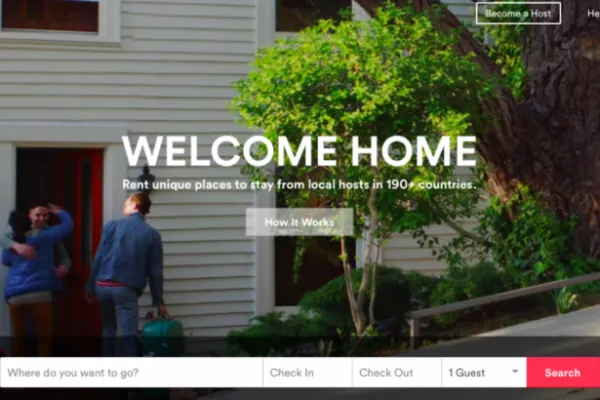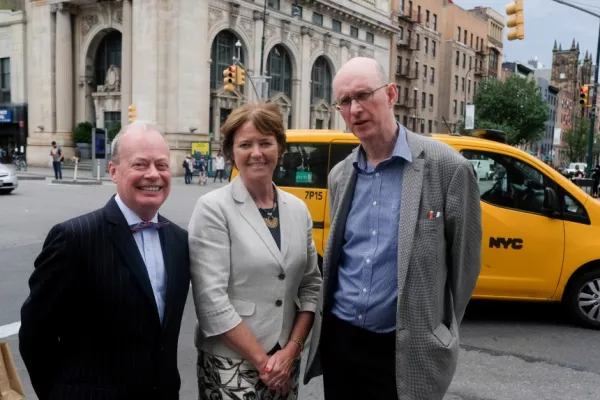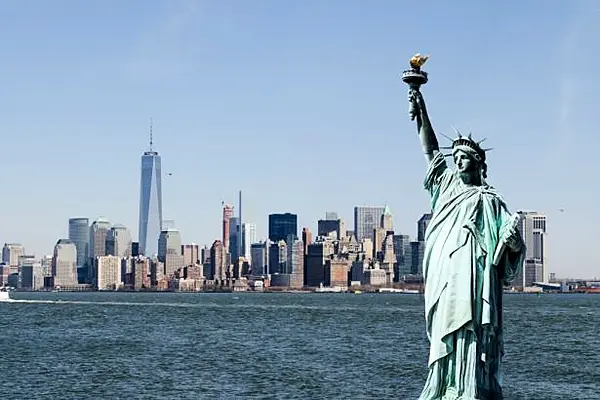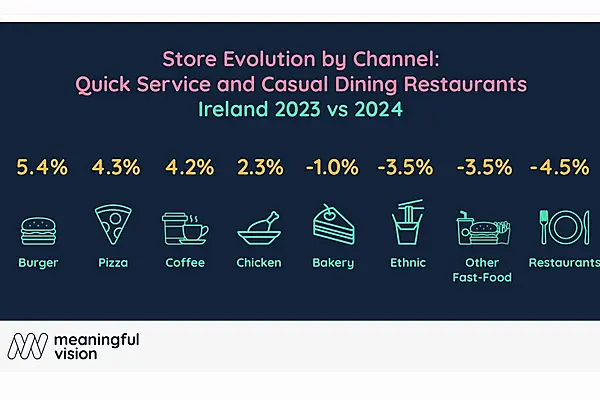Airbnb has always operated under a cloud of legal uncertainty as it battled city governments over how to regulate its network of short-term rental properties.
The company has been kicking it into high gear to clear the situation up in recent days. On Wednesday, it released a report laying out its approach to local regulations, trying to capitalise on a weeklong stretch in which it agreed to enforce limits on rentals in London and Amsterdam, dropped a lawsuit against New York City, and praised new rules in New Orleans as a potential nationwide model.
The report released today mostly restates the arguments that Airbnb has made in the past. Airbnb acknowledges that rules will vary from city to city. In general, it says it wants to collect taxes, and will help cities enforce limits on how many nights per year people can rent out their homes on the platform. It continues to push back against the idea that hosts should have to register their apartment with city officials, but suggests ways that cities can make the process less onerous.
The moves over the last week mark a shift in Airbnb's priorities, putting a stable regulatory landscape ahead of the move-fast-and-break-things approach that got it to this point. It's also a major de-escalation for a company that spent the last several months suing governments in some of its most important markets. At some point it needed to start getting along with regulators in order to prepare for an eventual IPO, although until recently it seemed to be hoping to enjoy the free-for-all for a bit longer.
"I see where we are, espeically the last week or two, as a real pivot moment." said Chris Lehane, who runs the company's policy operations. As he listed all the cities where he had made progress, Lehane conspicuously avoided mention of New York, where the company gave up on its attempt to block a new state law, or San Francisco, where it is embroiled in a lawsuit with officials over that city's home-sharing regulations. Airbnb and San Francisco are currently working to settle the suit.
“The senior management knew this day would come,” said Max Wolff, a market strategist at 55 Capital Partners, an investment management firm. Wolff says Airbnb overestimated the power of its self-image as a scrappy upstart to sway policymakers. It usually didn't. The general climate for tech companies and a rash of bad press related to racial disparities on Airbnb's platform left the company in a progressively weaker position and it was sullying its good name by being obstinate. “You got big enough that you can’t fly under the radar anymore,” said Wolff. "Companies always screw that transition up."
Last year Airbnb hired Lehane, who worked in the Clinton White House, to handle its policy operations. Under his leadership, the company pushed back against local regulations and declined to cooperate with enforcement of local laws in ways that infuriated many officials. It funded election campaigns against officials it saw as hostile, and denigrated opponents as patsies of the unions or the hotel lobby.
This bare-knuckles approach will sound familiar to anyone familiar with Uber, the car-sharing company that also brought on a political veteran, David Plouffe, to play hardball. But while Uber was effectively able to frame most opposition as complaints from the taxi industry, Airbnb has had to contend with angry neighbors and community activists in addition to hotel chains. Airbnb never came up with a convincing way to acknowledge that reasonable people might get queasy at the idea of apartments being turned into de facto hotels. And Airbnb wants to be seen as a nice guy, not a trivial point for an organization based on getting people to close their eyes while laying in beds in strange apartments. It had to cut its losses eventually.
Airbnb’s critics seemed gleeful about the turn of events, predicting the new rules would shrink its business. One gets the feeling that the housing advocates opposing the company couldn’t name the reported valuation of a single other tech startup, yet they all seem to know that Airbnb’s backers value it at $30 billion. Linda Rosenthal, a state assemblymember who sponsored the New York bill that Airbnb sued to block, called the company’s decision to drop the suit a complete surrender. “Their business model is predicated on these illegal rentals,” she said. “We’ll see what their value is now.”
Neal Kwatra, the chief strategist of nationwide anti-Airbnb group Share Better -- and a former political director for the New York Hotel Trades Council -- described Airbnb’s shift as a major reversal. “I think you’re going to see them trying to cut a lot of deals,” he said. “The reality is, they’re going to have to right-size their business.”
Rosenthal and Kwatra argue that Airbnb's business is largely a illegal hotel chain dressed up as a home-sharing service. In order to appease regulators, the company is being compelled to pursue people who make a business renting out multiple apartments on the service, taking housing stock that would otherwise be rented to permanent residents off the market. Without that business, the company would look very different.
Analysts who follow Airbnb aren't so sure. "Revenue will be affected -- you can't get around that," said Santosh Rao, head of research at Manhattan Venture Partners. But Rao says that while the exact regulatory concessions that Airbnb would make have been unclear, it was obvious to anyone that the company's game of putting off accepting new rules couldn't last forever. The events of the past week don't change how he values the company. "I factored that in," he said. "It's not going to be a straight walk."
News by Bloomberg, edited by Hospitality Ireland









